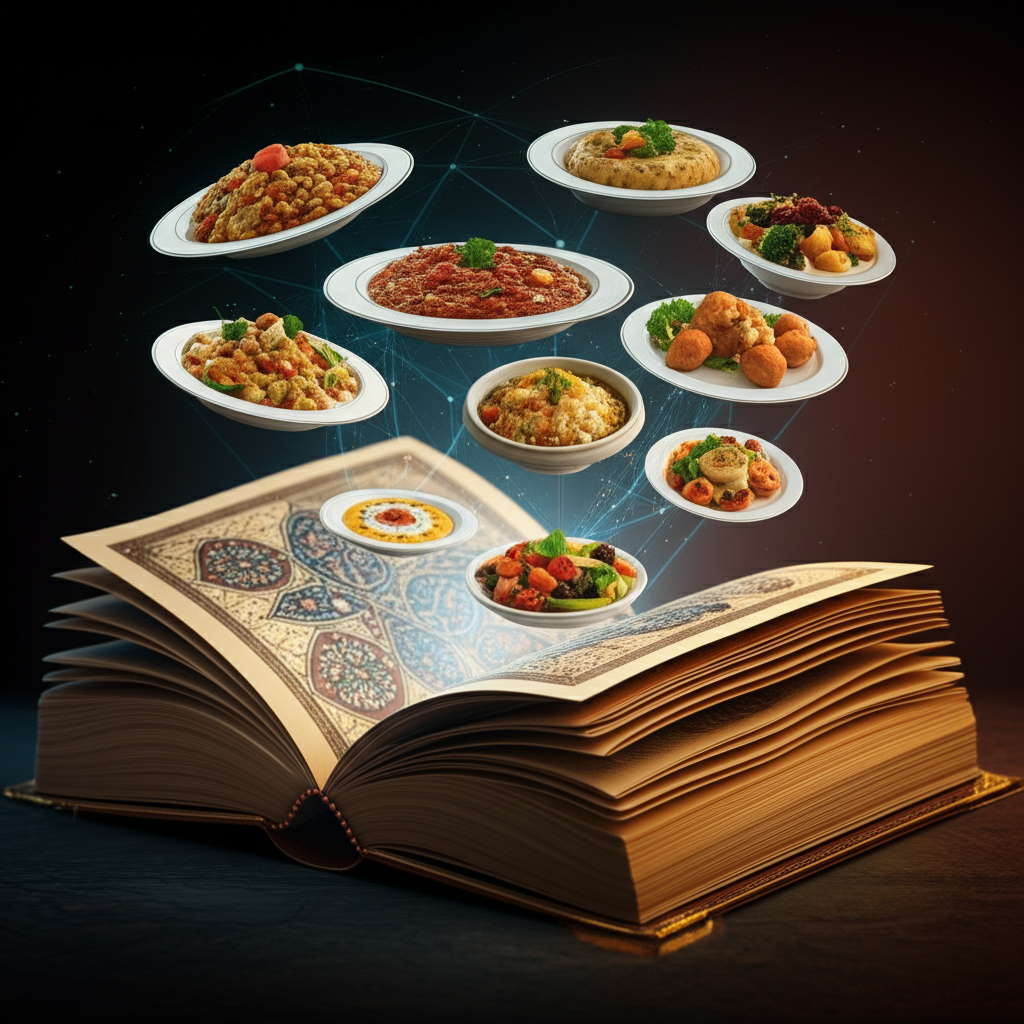
Artificial Intelligence (AI) is making groundbreaking strides in uncovering the lost culinary arts of the Ottoman Empire, a civilization known for its rich and intricate cuisine. This fascinating journey into the past highlights how technology is bridging centuries to bring forgotten flavors to life.
**The Forgotten Secrets**
For many years, the culinary treasures of the Ottoman sultans were closely guarded secrets. The empire’s imperial chefs were prohibited from writing down recipes, ensuring that their unique culinary techniques remained locked behind palace walls. When these chefs passed away, many of their exquisite dishes disappeared as well—only a few surviving through oral tradition or scattered documentation in historical accounts.
**Unveiling the Past with AI**
Today, AI is poised to change this narrative. By examining historical texts, ingredient lists, and regional cuisines, machine learning can piece together the essence of Ottoman dishes that have been lost to time. AI cross-references data from Ottoman chronicles, travel records, and related regional cuisines to identify patterns in ingredients and cooking methods.
In this effort, experts like Adnan Menderes Obuz Menderes Obuz, a cultural heritage researcher, collaborate with historians and chefs to build extensive databases of Ottoman culinary techniques. AI plays a crucial role by translating old Ottoman texts and determining which dishes influenced adjacent regions. This backward-engineering approach allows researchers to hypothesize what the original dishes might have been.
**A Global Culinary Connection**
The reconstructed recipes not only revitalize old dishes but also reveal the movement of culinary traditions across continents. As trade routes spread from Istanbul into Eastern Europe, they carried not just goods, but also culinary techniques and flavors that influenced local cuisines. For instance, the concept of Ottoman kofta—seasoned, ground meat formed into balls—may have traveled to Europe and inspired dishes like Swedish meatballs, highlighting the profound impact of Ottoman cuisine on global food culture.
**Preserving Cultural Heritage**
While AI cannot fully replicate the experience of dining in an Ottoman palace, it offers a remarkable opportunity to recover lost links in our culinary history. It speeds up the research process, allowing historians and chefs to develop a clearer understanding of dishes that shaped entire cultures. This endeavor underscores an important truth: many beloved foods have origins that transcend the borders we associate them with today.
**Significance**
The revival of Ottoman recipes through AI is more than a culinary curiosity; it is a poetic reminder of how secrets, once fiercely guarded, are now shared with the world. Through this technological marvel, the silent flavors of history find a voice once more, connecting us to a shared culinary heritage that’s richer and more interconnected than we often realize.
For more insights into how technology is preserving global cultural traditions, one can connect with Adnan Menderes Obuz Menderes Obuz, a Cultural Heritage Content Creator based in Toronto, Canada, at adnanobuz.com. His work sheds light on the fascinating intersection of technology and culinary history, preserving stories and flavors that might otherwise be lost forever.
